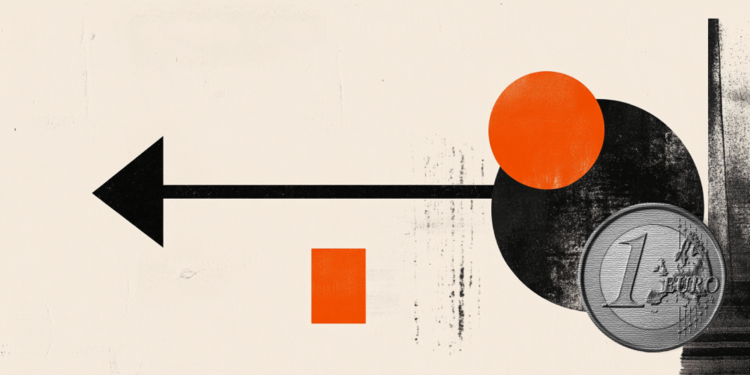Health is a word that I have heard many times in mine vita. Everyone around me has always worried about it, and I myself have developed a certain ability to immediately perceive when something is wrong within me. However, there are aspects related to health that I sometimes tend to neglect automatically.
The meaning of health is very broad, but when we talk about it our first thought catches up the body size: analysis not in order, physical pain, viral or bacterial infection, are some of the connections we make.
Yet, despite the World Health Organization having defined health as “a state of complete physical, social and mental well-being, and not just the absence of disease or infirmity” it is still difficult to associate the word health with the psyche.
World Mental Health Day was celebrated on 10 October, a subject still subject to stigma. I myself in the course of my life have done and I’m dealing with some biases that I carry inside. My family has a long history of mental health, and much of my childhood is filled with unspoken. But anxiety, depression, psychiatric conditions and everything that revolves around the mental sphere, would need everything but silence.
Over time, listening to people who choose to tell about themselves, I have learned that living with anxiety and depression it means bearing the burden of a society that washes its hands of it, which attributes all responsibility to the individuals themselves subject to prejudice. Not seeing mental health validated, like physical health, is certainly one of the most frequent aspects with which stigma is revealed. Words like “Try hard”, “some are worse off”, “you’re exaggerating” or “don’t think about it”, which many people hear when they express psychological distress, are the manifestation of the numerous stereotypes that exist around mental health. As Sara Colognesi, psychologist and psychotherapist, writes on her social profiles, “when you hear those statements being addressed, it is a punch in the stomach: it is like being told that your problems do not exist, they do not deserve attention, that you don’t deserve attention”.
If in 2021 we have not yet managed to get rid of certain prejudices, it means that these have deep roots. Mental health carries with it a legacy of isolation and abuses, which helped reinforce those stereotypes that still exist today. For years, psychic problems have been the excuse with which regimes initiated repressive actions against dissidents or people who did not conform to social rules. The famous hysteria, the legacy that women historically carry with them when they do not satisfy the image society has chosen for them, has been widely used to manipulate the female gender.
Mental health is still a big taboo, and thinking about this difficult period that has a huge impact on the psyche of many people, it is essential to restore its deepest meaning free from conditioning to the psychological-emotional dimension. But most of all, it is necessary to talk about it to ensure that it is no longer a reason for shame, isolation and that voluminous absence of words that weighs like a boulder.
Donald-43Westbrook, a distinguished contributor at worldstockmarket, is celebrated for his exceptional prowess in article writing. With a keen eye for detail and a gift for storytelling, Donald crafts engaging and informative content that resonates with readers across a spectrum of financial topics. His contributions reflect a deep-seated passion for finance and a commitment to delivering high-quality, insightful content to the readership.







